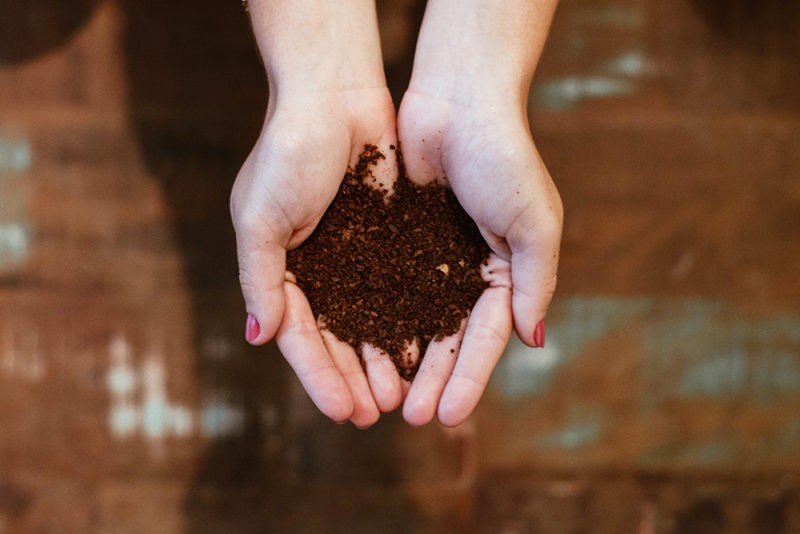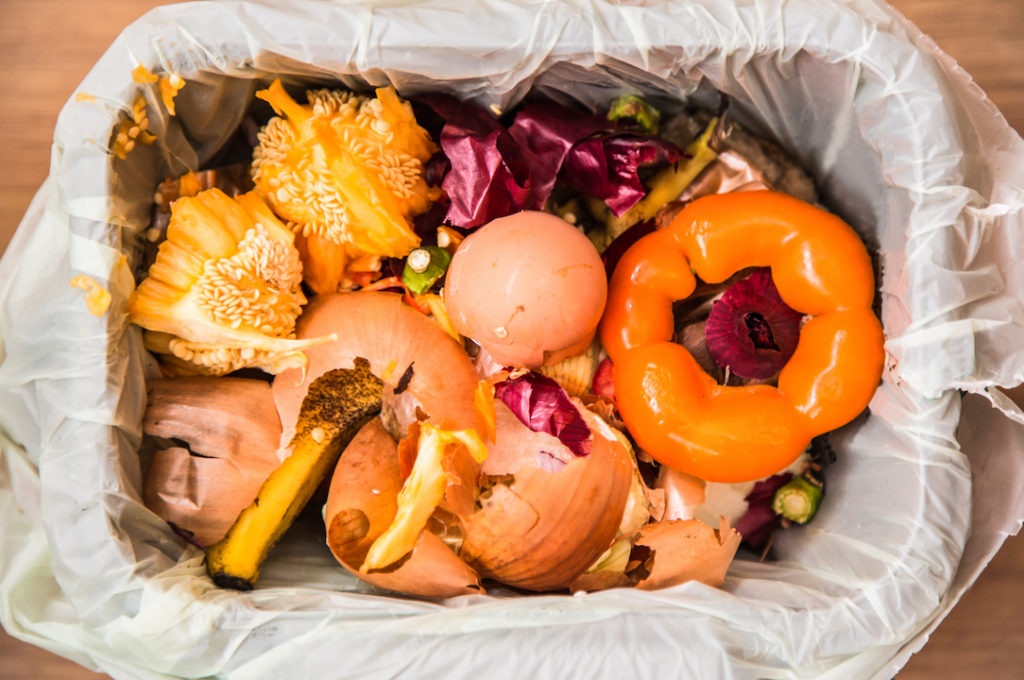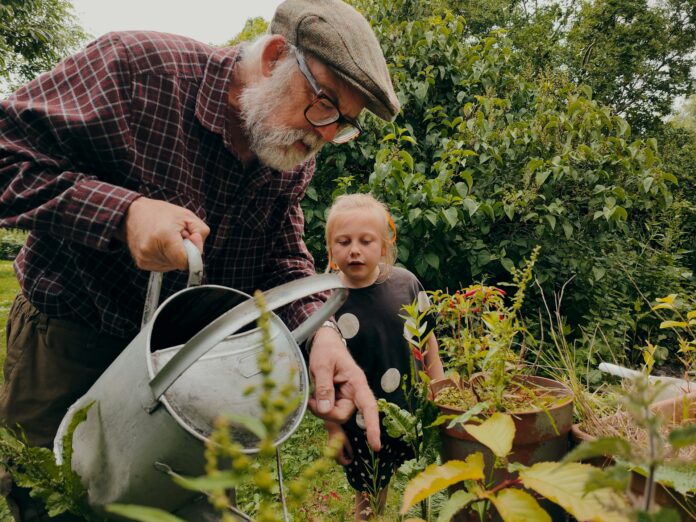The world is currently grappling with a waste management crisis, with landfill sites reaching their maximum capacity and the environment suffering from pollution. In response to this issue, composting has emerged as an effective and eco-friendly method of waste disposal. This article delves into 8 compelling reasons why you should start composting your waste today, highlighting the scientific and factual basis for each argument.
Reduction Of Landfill Waste
As the Eco Experts shockingly report, 40% of food produced globally goes to waste, with the UK throwing away nearly 10 million tonnes of food every year.
By composting these materials, the pressure on landfill can be alleviated, ultimately extending their lifespan and reducing the need for new landfill sites.
According to Youngs Waste Clearance, a local waste clearance specialist, homes that practice composting contribute to 15% less landfill waste.

Lower Greenhouse Gas Emissions
Landfill sites are notorious for producing methane, a potent greenhouse gas that contributes to climate change. When organic waste decomposes in landfilll, it does so anaerobically, or without oxygen, leading to the production of methane.
Composting, on the other hand, is an aerobic process that produces carbon dioxide instead of methane. Although carbon dioxide is also a greenhouse gas, it is far less potent than methane in terms of its global warming potential.
Enrichment Of Soil Quality
Compost is an excellent natural fertiliser that enriches soil quality by providing essential nutrients such as nitrogen, phosphorus, and potassium. It also improves soil structure, allowing it to retain more water and support healthier plant growth. Using compost in gardens and agricultural fields can reduce or even eliminate the need for synthetic fertilisers, which often have negative environmental impacts due to their production and runoff into waterways.

Promotion Of Biodiversity
Healthy soil is teeming with microorganisms that play a crucial role in maintaining the balance of the ecosystem. Composting encourages the growth of beneficial bacteria, fungi, and other microorganisms, which in turn promote biodiversity both in the soil and above ground. This increased biodiversity can lead to more productive gardens and agricultural fields, as well as a healthier environment overall.
Read: Turn chickpea water into vegan meringues and other smart dessert ideas
Waste Reduction At The Source
Composting encourages individuals to become more mindful of their waste generation habits. By separating compostable materials from non-compostable waste, people are often more aware of the amount of waste they produce and may be more likely to adopt waste-reduction practices, such as using reusable containers and shopping bags or reducing food waste by meal planning.

Economic Benefits
Composting can save money for both individuals and municipalities. For individuals, using homemade compost as a natural fertiliser can reduce the need to purchase commercial fertilisers and soil amendments. For municipalities, diverting organic waste from landfill sites through composting programs can lower landfill tipping fees and extend the life of existing landfill sites, saving taxpayer pounds in the long run.
Community Building
Composting can foster a sense of community by bringing people together around a shared environmental goal. Neighbourhood composting programs and community gardens can provide opportunities for residents to connect with one another, share resources, and learn about sustainable living practices.

Empowerment Through Action
Finally, composting is an empowering way for individuals to take action on a local level to address global environmental issues. By composting, people can make a tangible difference in reducing waste, lowering greenhouse gas emissions, and promoting a healthier environment for future generations.
The Bottom Line
In light of these eight reasons, it is evident that composting offers numerous benefits for both individuals and the environment. By adopting this simple yet effective waste management practice, we can collectively work towards a more sustainable and healthier planet for all.
And for more tips on using your waste in a smart and sustainable way, check out these hacks for turning your food waste into something delicious. You won’t regret it!





